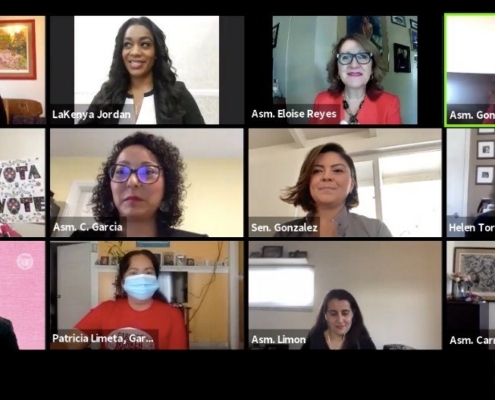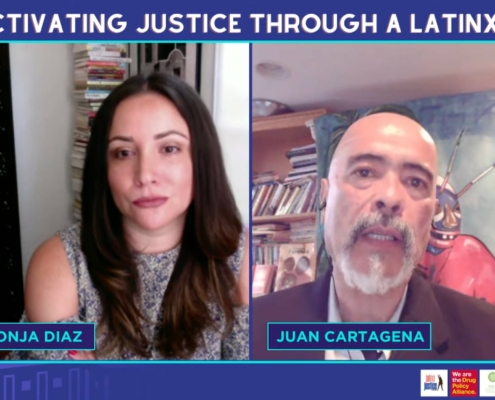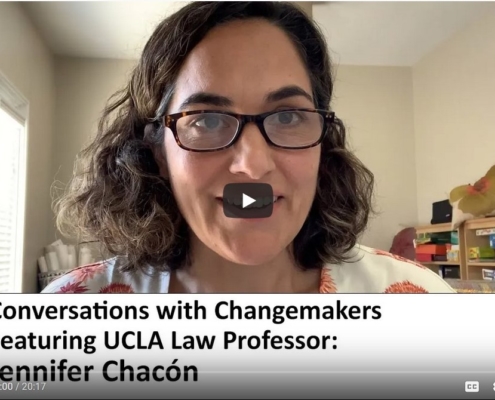Posts

Latinas in California Remain Invisible in Policymaking: UCLA Alumni and Researchers are Looking to Change That
The UCLA Latino Policy and Politics Initiative has supported…

Activating Justice Through a Latinx Lens
What would our criminal legal system look like if it was…

LA Social Science Presents “Conversations with Changemakers” Featuring UCLA Law Professor Jennifer Chacón
UCLA Law Professor, NYTimes op-ed author, and Latino Policy…

